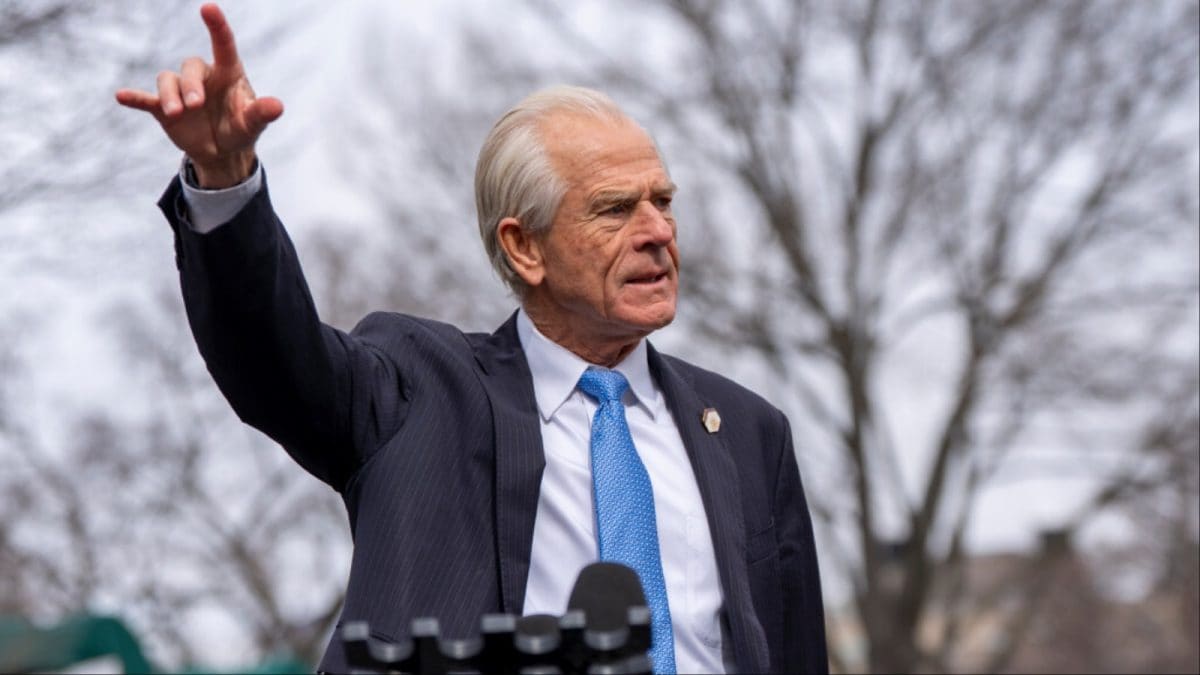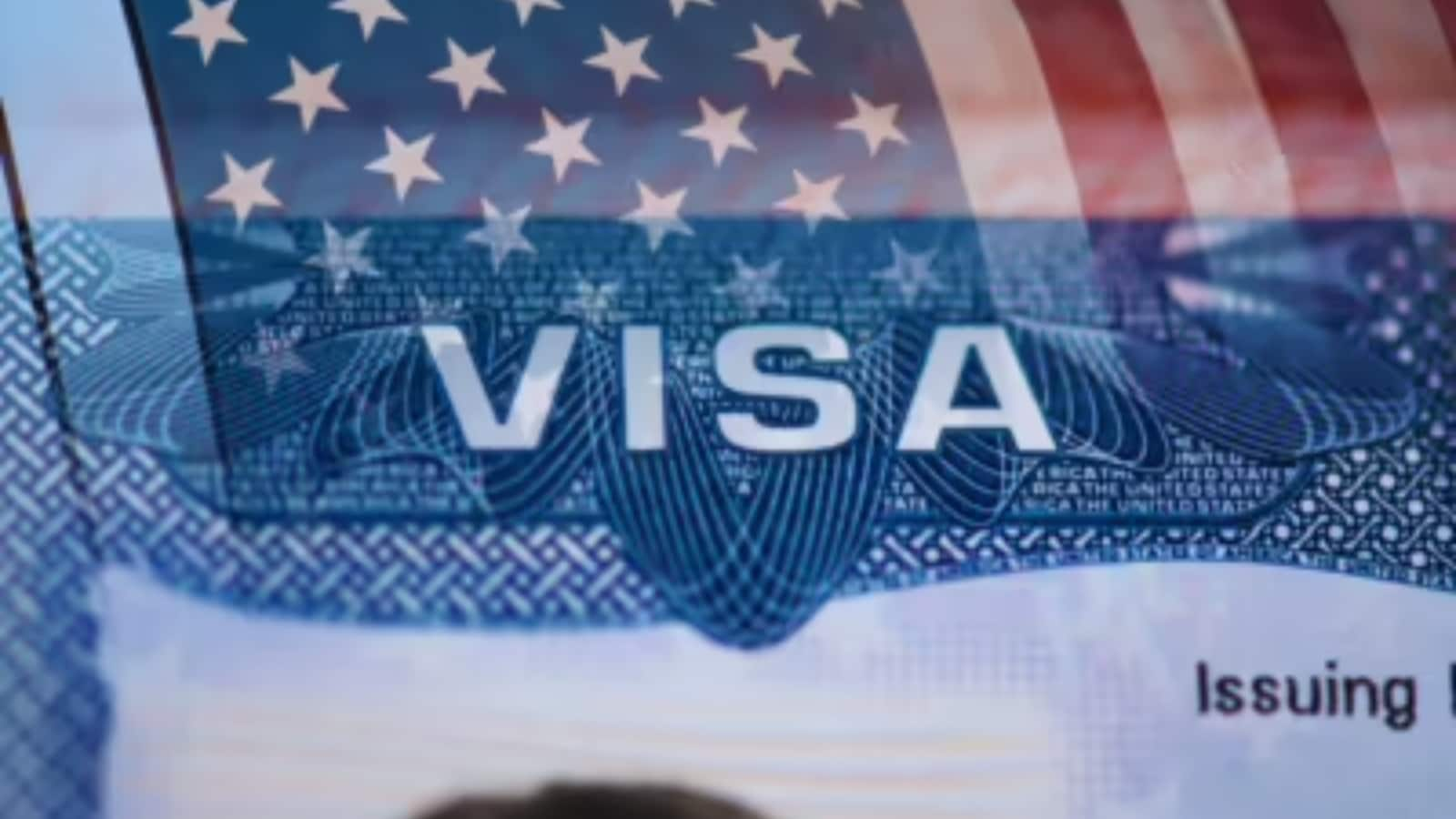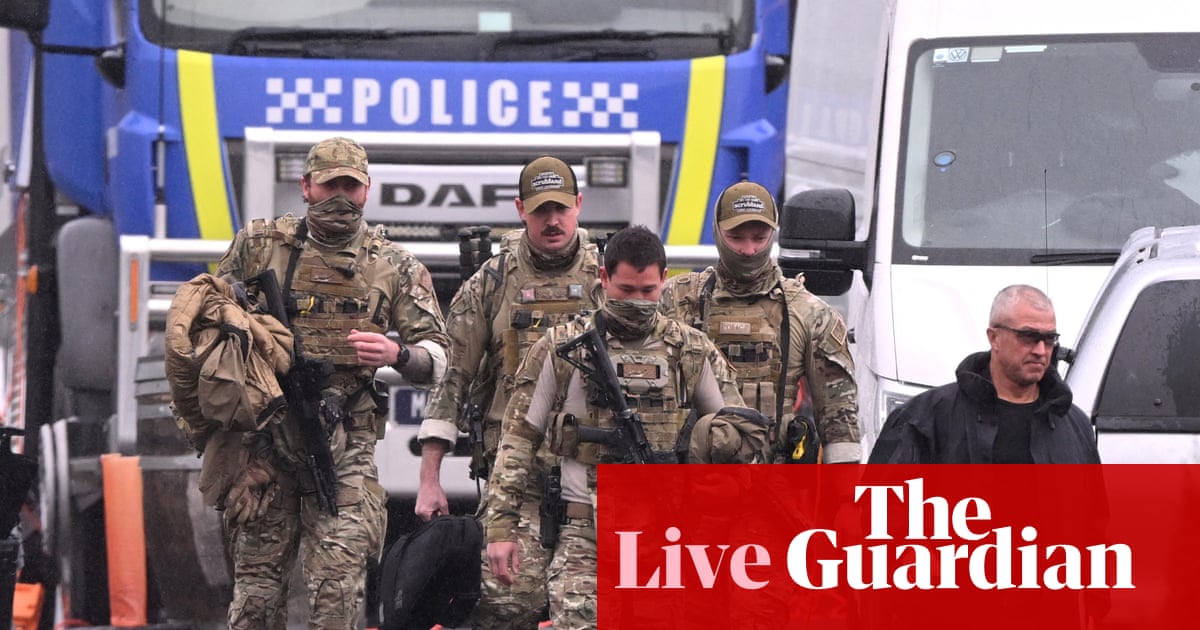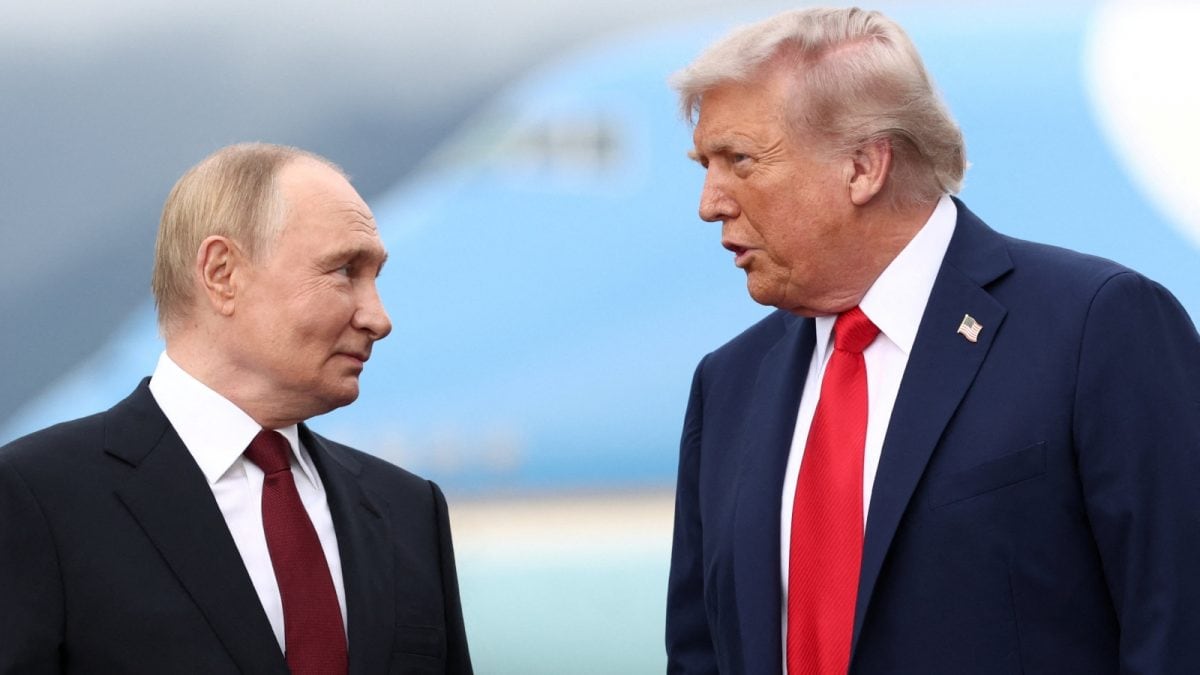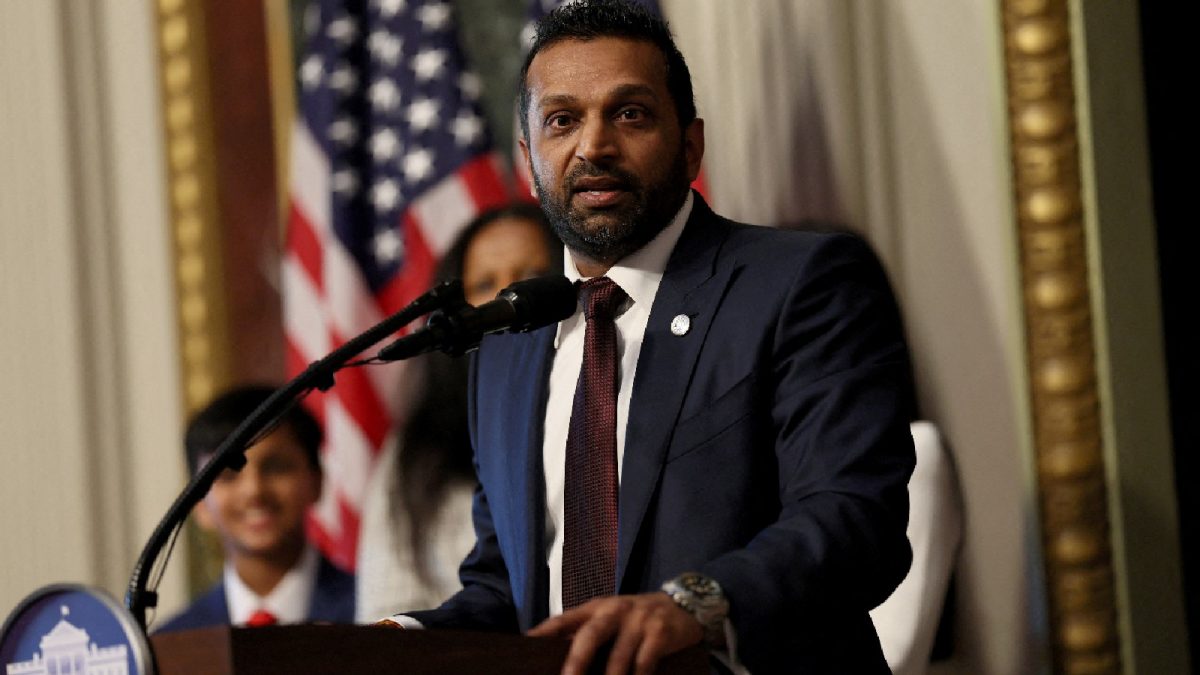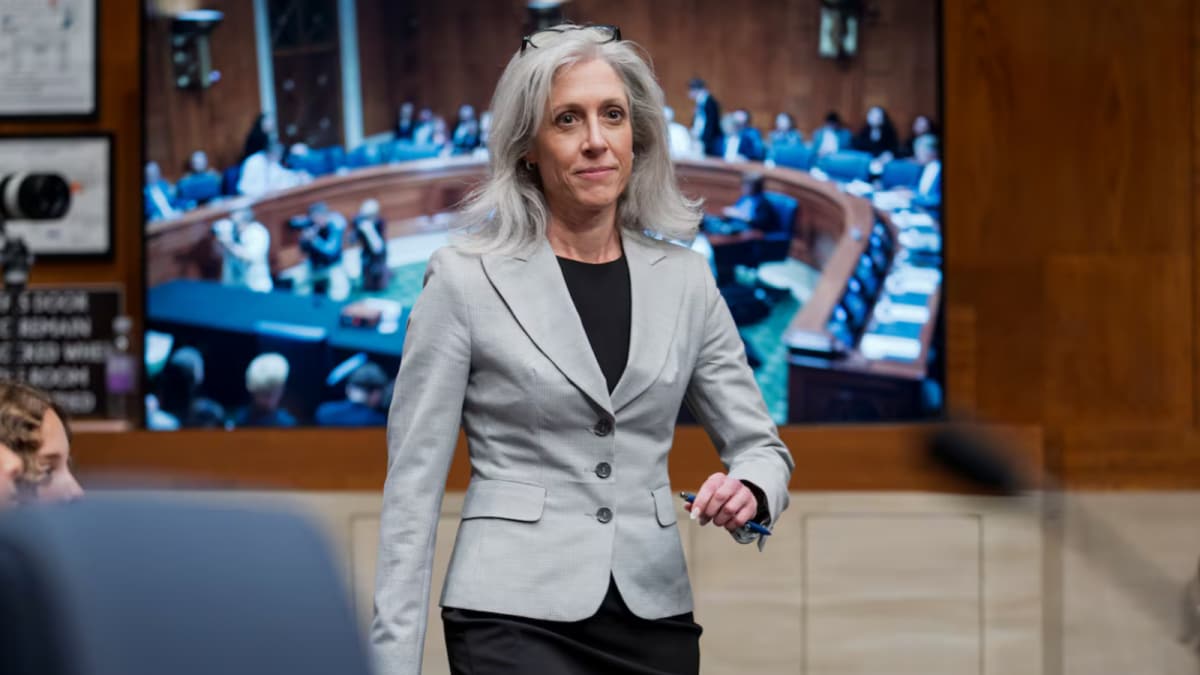Last Updated:July 09, 2025, 13:58 IST
FATF report states Pakistan-linked terror groups such as LeT and JeM use informal cash systems such as hawala, NGOs and digital platforms such as social media, crypto to move funds

The Department of Revenue, which comes under the Finance Ministry, has, so far, sent three letters to the FATF explaining why Pakistan should be on the grey list. (Reuters File)
The Financial Action Task Force’s (FATF) new report, which defines state-sponsored terrorism for the first time, could make things worse for Pakistan and bolster India’s case on why Islamabad should be added to the grey list.
The Department of Revenue, which comes under the Finance Ministry, has, so far, sent three letters to the FATF explaining why Pakistan should be on the grey list.
Being put on the grey list means the country cannot control money-laundering and terror-financing operations and is put under increased monitoring by FATF, an inter-governmental body. It restricts access to the international trade and financial system. The country can face difficulty in getting loans from multilateral organisations like Monetary Fund (IMF) and the World Bank.
Being on the FATF grey list is a warning to the countries to take corrective measures, failing which they will be moved to the stringent ‘FATF Black List’.
LeT, JeM global threats, says FATF report
The report defines state-sponsored terrorism as a state actively financing terrorist activities as part of its policy. Before this, India had identified state-sponsored terrorism from Pakistan as a source of Terrorist Financing risk in its ML/TF risk assessment 2022. The findings of the report reinforce India’s position.
Pakistan-based terror outfits such as the LeT, JeM, and Tehrik-e-Taliban Pakistan (TTP) remain global threat, as per the FATF. The report also highlights the funding patterns of LeT and JeM, which are among the UNSC-designated terror groups operating with transnational networks. The TTP continues to exploit porous borders and tribal zones for fundraising and arms movement, it states.
The FATF report has flagged state-sponsorship of terrorism as a continuing global threat — implicitly indicts rogue support systems.
Social media, crypto to NGO: FATF report highlights tech-enabled jihad financing
The report states that Pakistan-linked terror groups exploit informal cash systems such as hawala, charities and digital platforms to move funds. The terror outfits use social media, crypto, and front NGOs to bypass scrutiny, states the report, warning of tech-enabled jihad financing.
LeT & JeM abuse shell companies and nonprofits to raise funds, FATF cautions global financial institutions.The FATF has highlighted how Pakistani terror groups generate revenue via natural resource trafficking, extortion, and arms smuggling, which India, too, has been stating.Hawala and unlicensed remittance services are extensively used by Pakistan-based and affiliated networks to transfer funds across borders undetected.There is also use of cash-based informal economies, especially in border and rural areas, which facilitate fundraising for groups such as the LeT and JeM. Terrorist groups also exploit non-profit organisations for fundraising and propaganda, including in Kashmir-linked charity fronts.FATF notes increased use of virtual assets (cryptocurrencies) by networks associated with South Asian terror outfits for covert transactions.FATF report will help mount international pressure
As FATF urges for stricter enforcement on countries tolerating or sponsoring terrorism, the Finance Ministry and government hope that international pressure will mount. Sources say that India will raise Pakistan’s continued harbouring of UN-sanctioned groups on global forums.
While the report stops short of naming states, multiple delegations and open-source inputs have linked certain national governments to providing financial/logistic support to terror groups — with Pakistan implied in various assessments.
Groups not designated by the UN but supported by states can operate freely in alternate jurisdictions and store or raise funds more easily. As per the government and also insinuated in this report, the methods are used for Pakistan-linked terror financing.
Although Pakistan was removed from the grey list in 2022, India has warned that it’s important that international finance institutions must keep close watch on Pakistan.

Pallavi Ghosh has covered politics and Parliament for 15 years, and has reported extensively on Congress, UPA-I and UPA-II, and has now included the Finance Ministry and Niti Aayog in her reportage. She has als...Read More
Pallavi Ghosh has covered politics and Parliament for 15 years, and has reported extensively on Congress, UPA-I and UPA-II, and has now included the Finance Ministry and Niti Aayog in her reportage. She has als...
Read More
News india FATF Report Bolsters India’s Stance On Terror Groups In Pakistan, Their Hawala Funding Channels

 1 month ago
1 month ago





